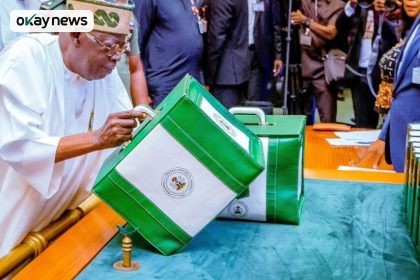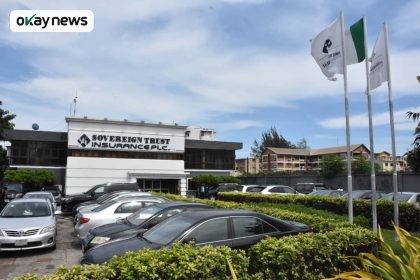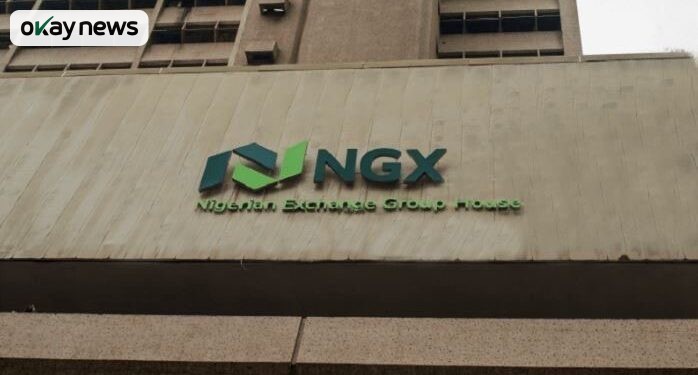The World Bank has expressed doubts over Nigeria’s plan to bring inflation down to a single digit within a short period, saying the target is not achievable under current economic realities. The global financial institution noted that Nigeria remains among a small group of African countries still battling with stubbornly high consumer price inflation despite reforms by the Federal Government.
In its newly released Africa’s Pulse report on Tuesday, the Bank projected that Nigeria, alongside Angola, Ethiopia, Ghana, Malawi, Sudan, Zambia, São Tomé and Príncipe, and Zimbabwe, would continue to experience double-digit inflation rates throughout 2025. The report stated that while a majority of African economies are expected to maintain single-digit inflation by 2026, Nigeria’s inflation outlook remains bleak due to structural issues that continue to pressure prices across key sectors.
According to the World Bank, factors such as continuous depreciation of the naira, surging food and energy costs, and bottlenecks in supply chains have kept inflation high, thereby undermining government efforts to stabilize prices. The institution said these challenges have limited the impact of ongoing fiscal and monetary reforms on inflation control.
The projection contradicts the optimism of top Nigerian government officials who have insisted that current economic measures will drive inflation to single digits soon. Among these officials are the Minister of Finance and Coordinating Minister of the Economy, Wale Edun, and the Governor of the Central Bank of Nigeria, Olayemi Cardoso. Both have consistently reassured Nigerians that ongoing policies such as the unification of foreign exchange rates, the removal of fuel subsidies, and tighter monetary policies would lead to inflation stability.
Speaking recently at the Central Bank of Nigeria Governor’s Annual Lecture Series at the Lagos Business School, Cardoso emphasized that a single-digit inflation rate remains the apex bank’s medium-term target. “The idea is to ensure that in the medium term we achieve single-digit inflation,” he said, underscoring the government’s determination to restore macroeconomic stability.
However, the World Bank’s latest assessment paints a less optimistic picture. The report noted that while inflation is easing across many Sub-Saharan African countries, Nigeria remains trapped in high price growth, which continues to erode household income and weaken consumer confidence.
“Consumer price inflation has continued to recede across most Sub-Saharan African countries, albeit at varying speeds. After peaking at 9.3 per cent in 2022, the region’s median inflation rate declined to 4.5 per cent in 2024 and is projected to stabilize between 3.9 and 4.0 per cent annually over 2025–26,” the report stated. It further added that 37 out of 47 African economies are expected to maintain single-digit inflation rates by 2026, with Nigeria remaining one of the few exceptions.
Okay News reports that despite Nigeria’s improved growth outlook, inflation continues to weigh heavily on its economy. The World Bank upgraded Nigeria’s economic growth projection by 0.6 percentage points, driven largely by increased oil production and modest investment inflows. Yet, it warned that price instability remains the biggest drag on growth and welfare.
“While countries like Ivory Coast and Kenya are benefiting from price stability and easing monetary conditions, Nigeria’s inflation trajectory continues to undermine consumer demand and macroeconomic stability,” the report stated.
Economists have pointed to multiple drivers of inflation in Nigeria, including currency weakness, escalating energy prices, and disruptions in food supply chains caused by insecurity and logistics challenges. With inflation remaining in double digits, Nigeria stands in contrast to nations such as South Africa, Senegal, and Tanzania, which have successfully anchored inflation within single digits through disciplined fiscal management and efficient exchange rate policies.
Andrew Dabalen, the World Bank’s Chief Economist for Africa, explained that Nigeria’s situation is complicated by structural bottlenecks and exchange rate pass-through effects. “Nigeria’s situation remains challenging because of exchange rate pass-through and structural supply bottlenecks,” he said.
The Bretton Woods institution also highlighted that despite the region’s economic resilience, growth remains insufficient to generate enough quality jobs for Africa’s fast-growing population. “External debt service has more than doubled over the past decade, reaching two per cent of Gross Domestic Product in 2024,” the report noted. It further warned that the number of Sub-Saharan African countries at high risk of debt distress has nearly tripled since 2014.
For Nigeria, the combination of rising prices, high unemployment, and weak income growth continues to strain living standards. Experts have urged policymakers to prioritize measures that will lower the cost of doing business, build human capital, and strengthen institutions to attract private investment.
The report also identified agribusiness, healthcare, housing, tourism, and mining as sectors with the highest job-creation potential in Africa. It stressed that every job created in tourism, for example, generates about 1.5 additional jobs in related industries.
Andrew Dabalen added, “Over the next quarter century, Sub-Saharan Africa’s working-age population will grow by more than 600 million. The challenge is ensuring that these people find better jobs in an environment of stability and opportunity.”
As Nigeria continues its economic reforms, the World Bank’s warning serves as a critical reminder that achieving sustainable inflation control requires not just monetary tightening but also structural reforms that address supply constraints, productivity, and policy consistency.







